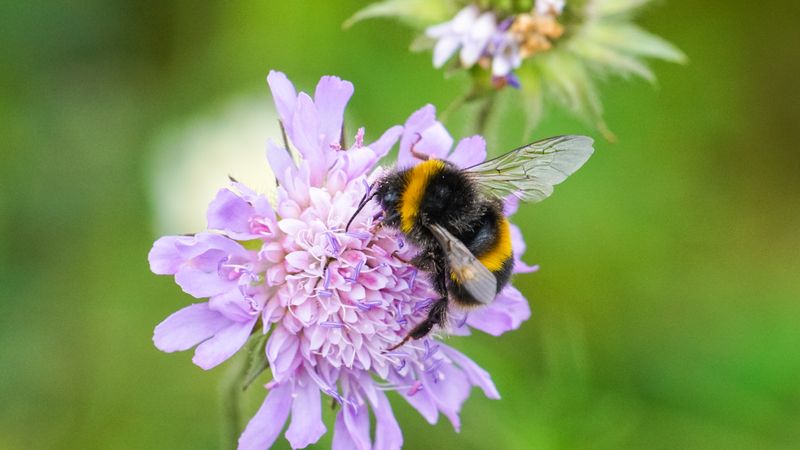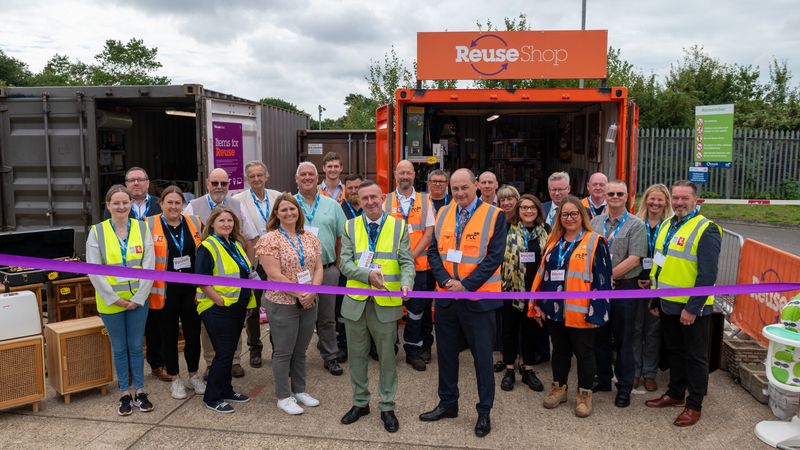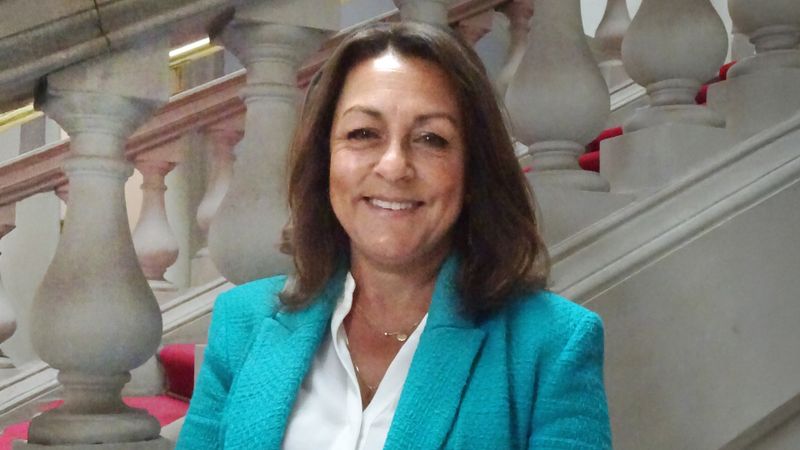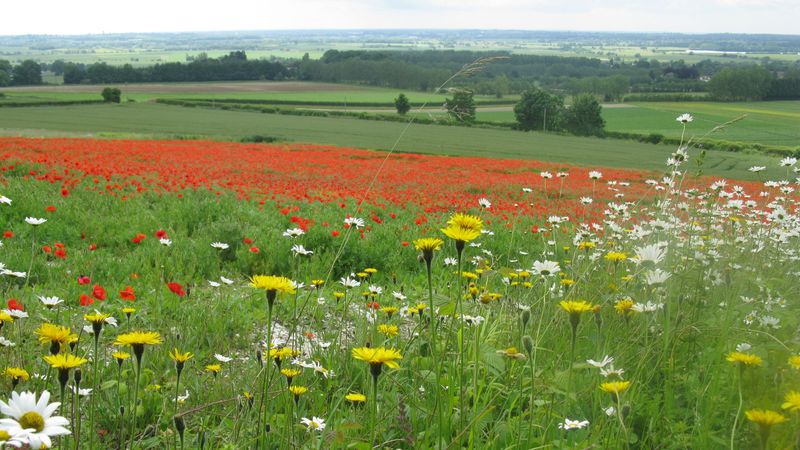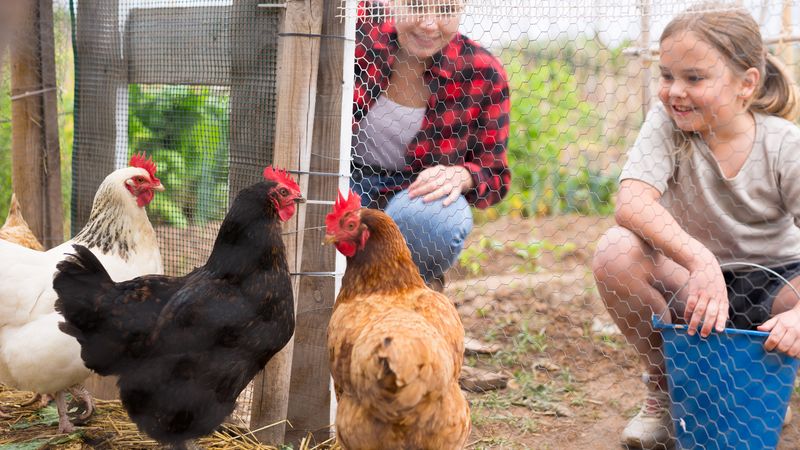The new sites include five Household Waste Recycling Centres, the grounds around KCC offices, day care centres and adult education centres. In total, 13 new KCC locations have been put forward to join No Mow May this year.
These sites provide more than eight hectares (almost 20 acres) of grassland that can be home to mini-meadows and pollinator patches across the county.
These new sites will be joining more than 450km of road verges in rural and urban areas across Kent that are managed specifically for conservation, by KCC Highways. These verges provide invaluable habitat corridors for wildflowers, pollinating insects and much other wildlife.
Six of KCC’s country parks also join the No Mow May campaign by allowing more than 50 hectares (123 acres) to flourish – being managed specifically for valuable habitats and features favoured by rare wildflowers and insects.
Kent’s residents, businesses and other organisations are also encouraged to see if they have areas that could be left unmown or cut less frequently. They can make a pledge to show their participation in the campaign by clicking here.

“We can all look to make our gardens a more welcoming place for pollinators...”
KCC’s Cabinet Member for Environment, Susan Carey said: “Not everywhere can be left unmown but it’s been good to see just how much extra land we can set aside for nature as part of the No Mow May campaign.
“We can all look to make our gardens a more welcoming place for pollinators and just leaving part of the garden for Nature is one way to do this.”
Chairman of Kent’s Plan Bee, Seán Holden said: “There is much we can do to help pollinators in our county and I am pleased KCC has set a fine example.
“By preserving wildflowers, Bee Roads and allowing other crucial spaces to entice these creatures, we can be sure our environment will continue to reap the benefits of pollinators in the future.”
KCC's pollinator action plan – Kent's Plan Bee – focuses on protecting species including bees, wasps, butterflies and other crucial creatures.
Its key aim is to raise awareness of the good they do, the vital role they play and educate communities on how to help them thrive.
Visit this link to view the action plan or search for Kent’s Plan Bee on Facebook.
